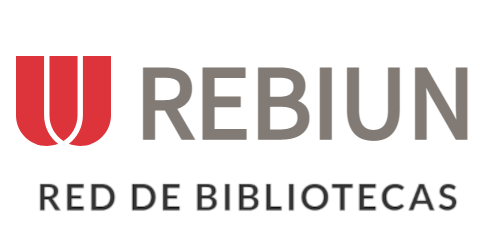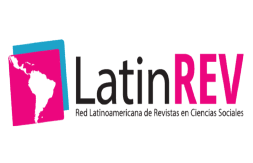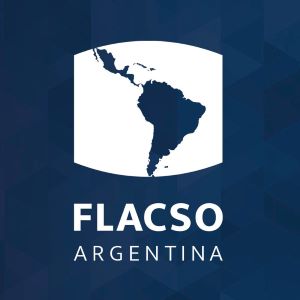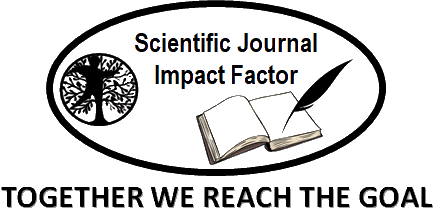Navigating Inclusion: Challenges Faced by Teachers in the Peninsula of Santa Elena in Supporting Students and Families with Special Education Needs
DOI:
https://doi.org/10.69639/arandu.v11i2.398Palabras clave:
SEN, teaching, challenges, inclusionResumen
This paper examines the evolving landscape of inclusive education in Ecuador, focusing on the challenges faced by special education (SEN) teachers, especially in the Santa Elena region. Ecuador's Ministry of Education has adopted inclusive education policies to support students with various physical, cognitive, and socioemotional needs. However, SEN teachers encounter substantial challenges, such as managing classrooms with diverse disabilities, limited institutional support, non-instructional responsibilities, and lack of public recognition. These obstacles contribute to high stress and burnout rates, with many SEN teachers leaving the profession within a decade, leading to a shortage of qualified professionals and diminished quality of SEN programs. The study used a quantitative approach, surveying 11 SEN teachers to identify the primary challenges they face. Key findings highlight widespread misconceptions about SEN teaching, insufficient support from parents and colleagues, and the difficulty of balancing instructional and non-instructional tasks. Teachers reported difficulties handling multiple disabilities and maintaining inclusive environments, often without adequate resources or professional development. This initial analysis emphasizes the need for targeted support systems, including specialized resources and structured professional development, to alleviate the burdens on SEN teachers. By addressing these challenges, policymakers can enhance educational inclusivity and improve the learning environment for students with special needs. This study serves as a foundation for further research and policy recommendations aimed at fostering a more supportive, inclusive community in Santa Elena.
Descargas
Citas
AP Teacher Training Institute (APTTI). (2023, October 17). Challenges faced by Special Educational Needs Teachers: Understanding and Addressing them. Teacher Training Blog. https://www.apteachertraininginstitute.com/blog/challenges-faced-by-special-educational-needs-teachers-understanding-and-addressing-them/
Bachtsis, R., Perifanou, M., & Economides, A. A. (2024). Challenges Faced by Students with Special Needs in Primary Education during Online Teaching. Education Sciences, 14(3), 220. https://doi.org/10.3390/educsci14030220
Ballhysa, N., & Flagler, M. (2011). A Teachers’ perspective of inclusive education for students with special needs in a model demonstration project. Academicus International Scientific Journal, 3, 121–133. https://doi.org/10.7336/academicus.2011.03.08
Dimitrellou, E., & Male, D. (2019). Understanding what makes a positive school experience for pupils with SEND: can their voices inform inclusive practice? Journal of Research in Special Educational Needs, 20(2), 87–96. https://doi.org/10.1111/1471-3802.12457
Højberg, A., & Jeppesen, J. (2011). Examining the effect of networks for students with special educational needs. Scandinavian Journal of Disability Research, 14(2), 126–147. https://doi.org/10.1080/15017419.2011.558188
Imhoff, D. (2012). Special Educators’ Perceptions of Paperwork Demands and Job Efficacy: A Qualitative Study. https://doi.org/10.33015/dominican.edu/2012.edu.04
Johns, J., & Shahul, M. N. (2020). A study on the challenges of teachers who handle children with special needs in inclusive schools. ResearchGate.
McDougal, E., Riby, D. M., & Hanley, M. (2020). Teacher insights into the barriers and facilitators of learning in autism. Research in Autism Spectrum Disorders, 79, 101674. https://doi.org/10.1016/j.rasd.2020.101674
Nketsia, W., & Saloviita, T. (2013). Pre-service teachers’ views on inclusive education in Ghana. Journal of Education for Teaching International Research and Pedagogy, 39(4), 429–441. https://doi.org/10.1080/02607476.2013.797291
Nuevo enfoque de inclusión educativa en el Reglamento a la LOEI – Ministerio de Educación. (n.d.).
Odeh, K. B., & Lach, L. M. (2024). Barriers to, and facilitators of, education for children with disabilities worldwide: a descriptive review. Frontiers in Public Health, 11. https://doi.org/10.3389/fpubh.2023.1294849
Priego-Ojeda, M., & Rusu, P. P. (2023). Emotion regulation, parental stress and family functioning: Families of children with disabilities vs normative families. Research in Developmental Disabilities, 139, 104548. https://doi.org/10.1016/j.ridd.2023.104548
Teaching Channel. (2023, August 10). Special Education Teacher Burnout: Why It Happens and What to Do About It | Teaching Channel. https://www.teachingchannel.com/k12-hub/blog/special-education-teacher-burnout/
Tjentz, & Tjentz. (2022, November 14). What are the Challenges of Being a Special Education Teacher? | Special Education Degrees. Special Education Degrees | Your Guide to a Career in Special Education. https://www.special-education-degree.net/what-are-the-challenges-of-being-a-special-education-teacher/
Wang, H. L. (2009). Should All Students with Special Educational Needs (SEN) Be Included in Mainstream Education Provision? - A Critical Analysis. International Education Studies, 2(4). https://doi.org/10.5539/ies.v2n4p154
What is an SEN teacher? Roles, Skills and Qualifications - CER. (2024, September 26). CER. https://cer.co.uk/candidates/teacher-jobs/what-is-an-sen-teacher-roles-skills-and-qualifications/#:~:text=Adapting%20teaching%20materials%3A%20SEN%20teachers,chunks%2C%20or%20incorporating%20sensory%20activities.
What is humanistic learning theory in education? (2022, October 25). Western Governors University.
https://www.wgu.edu/blog/what-humanistic-learning-theory-education2007.html
Woodman, A. C., Mawdsley, H. P., & Hauser-Cram, P. (2014). Parenting stress and child behavior problems within families of children with developmental disabilities: Transactional relations across 15 years. Research in Developmental Disabilities, 36, 264–276. https://doi.org/10.1016/j.ridd.2014.10.011
Publicado
Cómo citar
Número
Sección
Licencia
Derechos de autor 2024 María Gabriela Gándara Vivar , Yana Inzhivotkina

Esta obra está bajo una licencia internacional Creative Commons Atribución 4.0.





















